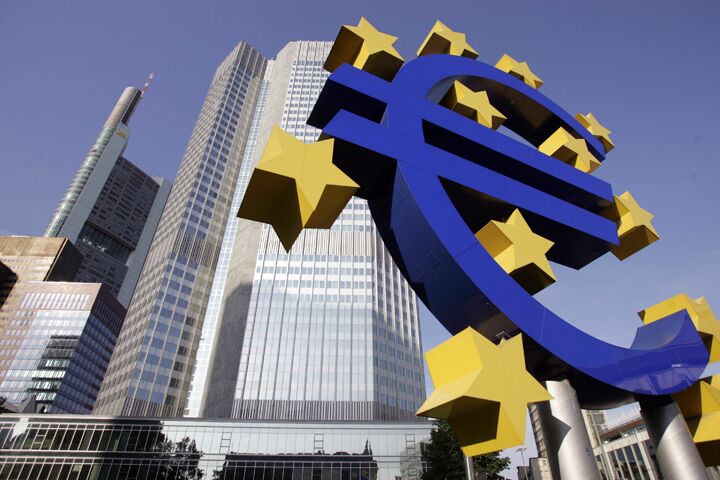
Europe—Behind the Illusion
Frankfurt—Only a few weeks ago politicians in Europe’s big four nations were assuring the public that the European Union was safe from the negative economic and financial contagion that forced an unprecedented government bailout in the United States.
However, anyone who took the trouble at the time to dig into the facts knew this was but an illusion.
Europe’s own financial house of cards has started to tumble. Here in Germany, the dominant news story of the day is of a government U-turn. Only days after Chancellor Merkel indicated that her government would not be pressured into any bailout of failing financial institutions, Germany has moved to guarantee all private German bank accounts, their current worth totaling €568 billion. The government initiative was forced by a fear of a run on Germany’s banks as the spreading global financial crisis hits the largest national economy in Europe. The EU member nations now are concerned that the German guarantee scheme may force them into enacting similar arrangements to protect their constituents’ savings. This may prove inevitable if EU nations are to protect themselves from the prospects of a flight of capital to more secure financial institutions outside their home countries.
Although the EU’s big four member nations—Germany, France, Britain and Italy—sought to placate fears of the prospect of a failure of the European financial system at a hastily convened weekend summit in Paris, events in Germany and Belgium coincident with the summit, in addition to Monday’s U.S. stock market crash, have only added to fears of panic in European markets.
In Germany, a failed attempt by the government to rescue Hypo Real Estate, one of the EU’s major commercial prosperity brokers, sent shudders through European markets on the weekend. To compound Europe’s current crisis, troubled Benelux banking and insurance giant Fortis was recently nationalized and propped up by the governments of the Netherlands, Belgium and Luxembourg.
With an EU summit of all heads of member-nation governments slated for October 15, the current banking crisis in Europe is bound to top the agenda.
Meanwhile, all eyes are on the European Central Bank (ecb). With EU President Nicolas Sarkozy promising to work with EU member nations in an attempt to forge a new, workable financial system, regulated from Europe, it is the ecb that is set to play a substantial role. The ecb holds massive gold holdings in its own right; in addition, technically, all EU nations that have signed up to the European Monetary Union—replacing their sovereign currencies with the euro—have signed over their bullion assets to the ecb. Given its highly liquid status, underpinned by the precious metal, of all banking institutions worldwide, it is the European Central Bank that is in the box seat to act as a prime lender of last resort, with a good deal of freedom to establish conditions of repayment most favorable to it. When you really think about that deeply, the prophecies of Revelation 13 and 17—which forecast a single dominant global economic power forcing all nations to dance to its tune—loom large on the horizon!
For more on this subject, read our booklet for the moment, Daniel Unlocks Revelation. Given the present state of global financial markets, with headlines in Europe today indicating that the EU could be edging toward a state of market panic, this booklet is a must-read for all who seek to stay ahead of the news as more surprises seemingly emerge each week to threaten any semblance of ongoing stability in the global system!
